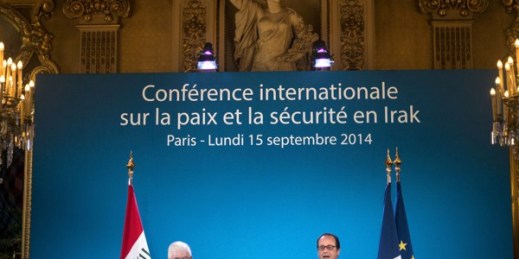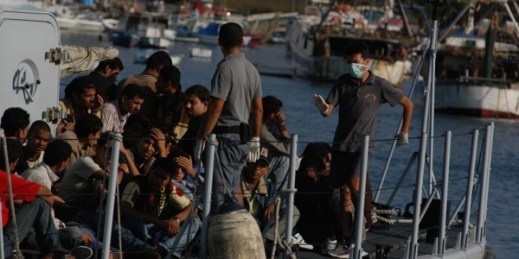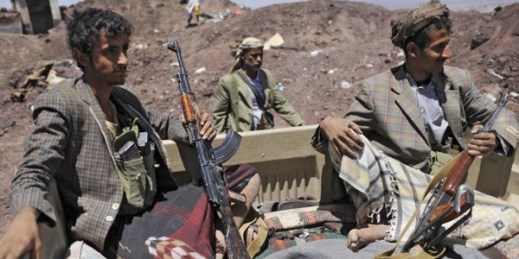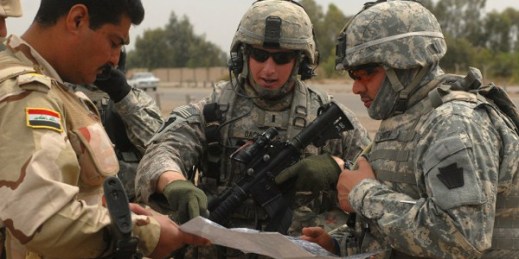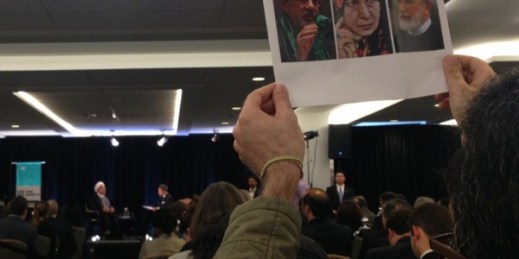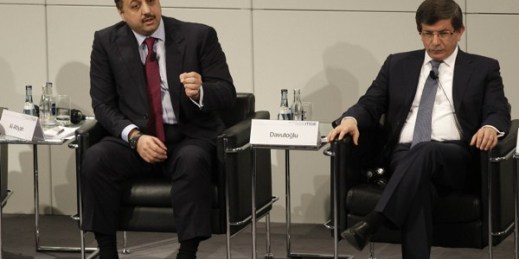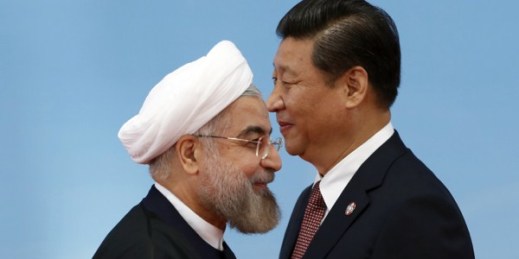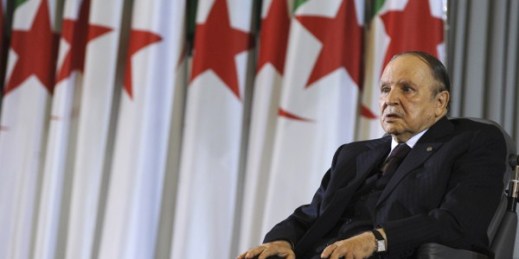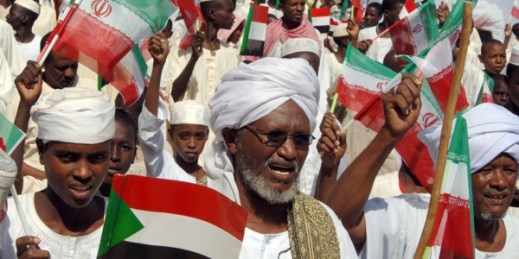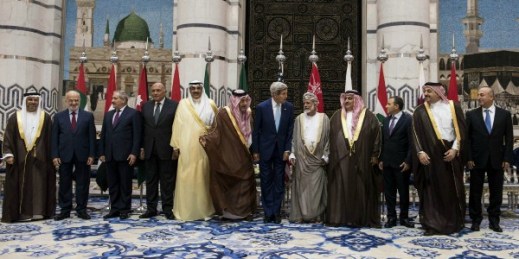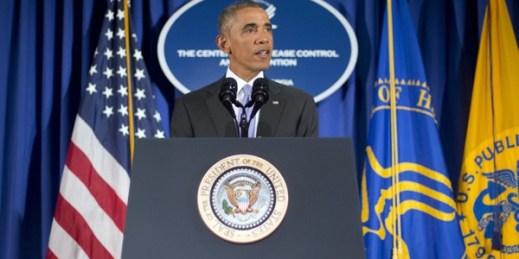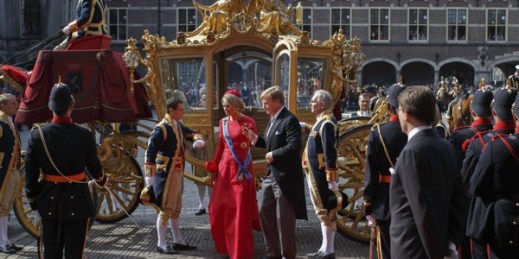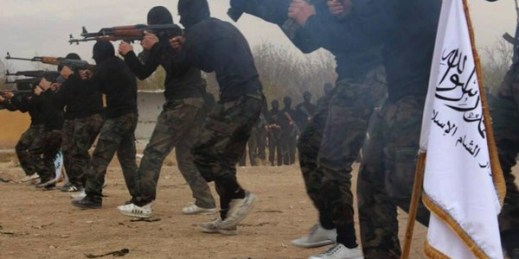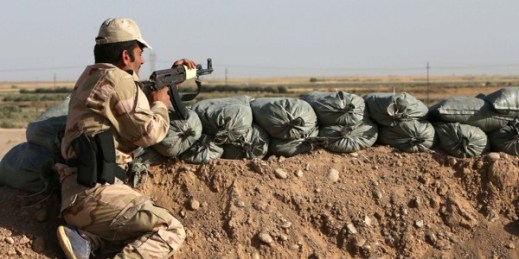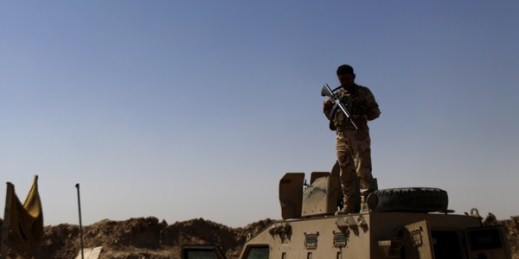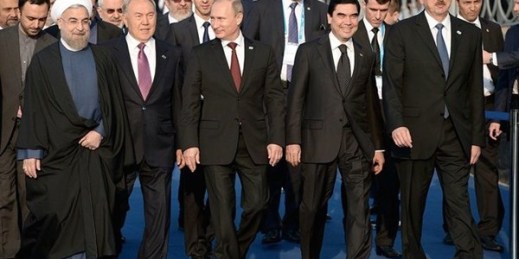
The leaders of all five littoral states attended the fourth Caspian Sea summit in the Russian city of Astrakhan yesterday. The latest meeting was more significant than previous summits held in Turkmenistan in 2002, Iran in 2007 and Azerbaijan in 2010, as the parties reached important agreements on some issues. Yet, others continue to divide them, with implications that reach far beyond the Caspian. At yesterday’s summit, the five littoral state presidents—Russia’s Vladimir Putin, Turkmenistan’s Gurbanguly Berdymukhammedov, Azerbaijan’s Ilham Aliyev, Iran’s Hassan Rouhani and Kazakhstan’s Nursultan Nazarbayev—renewed their commitment to keeping non-Caspian countries from establishing a military presence on the […]

